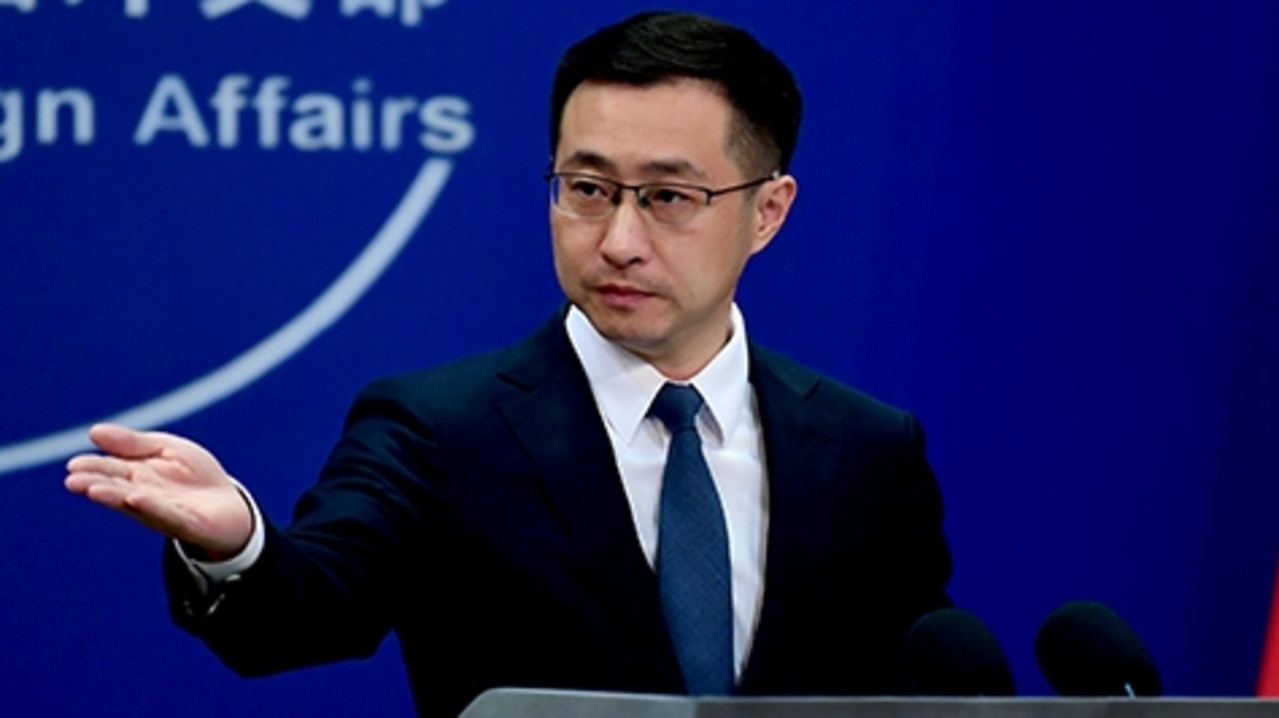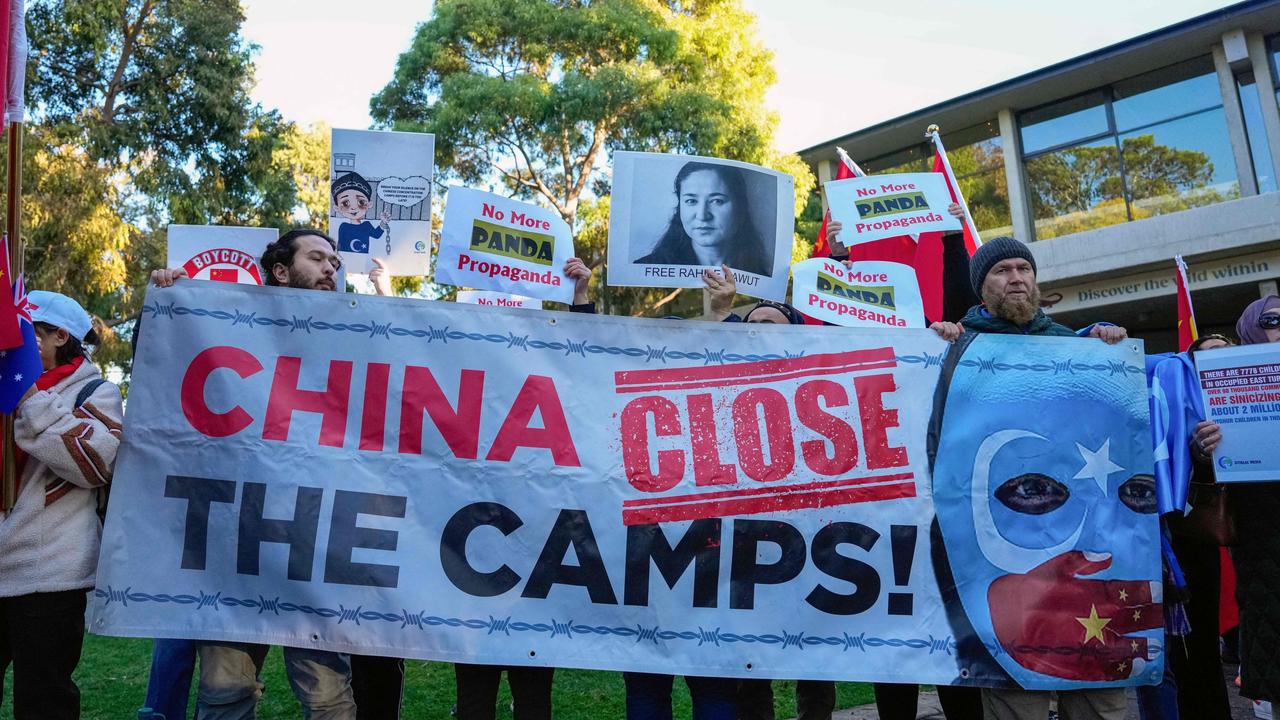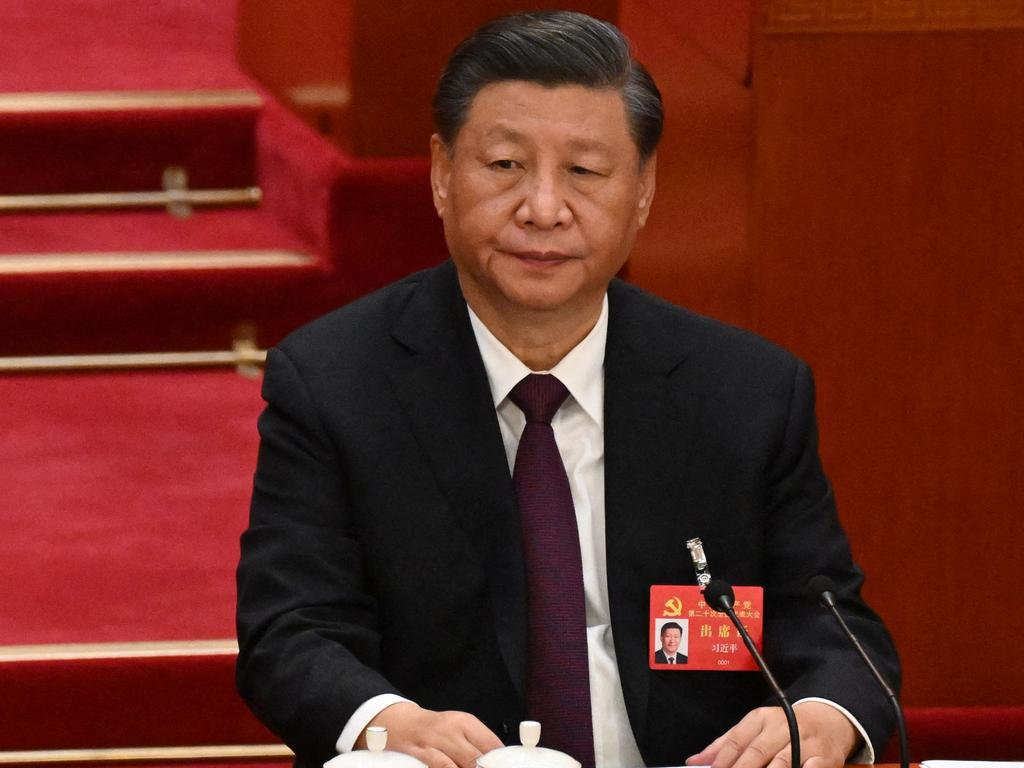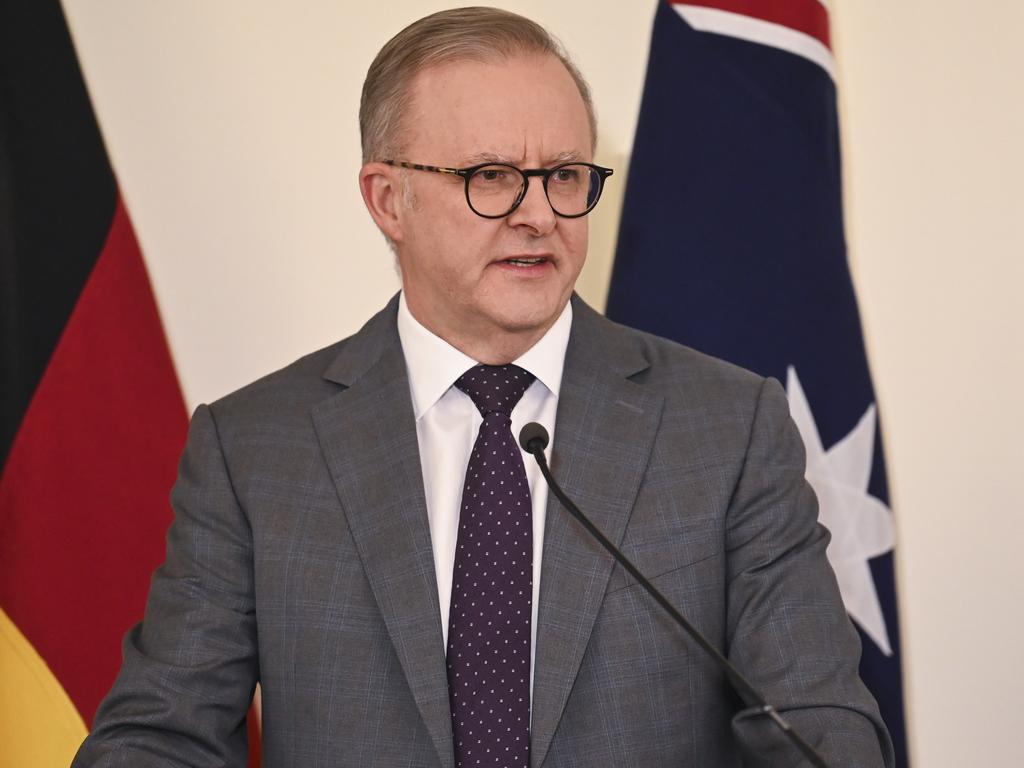Chinese diplomat brands Australia ‘racist, selfish’ after being hit with criticism over human rights abuses
A top Chinese official has torched Australia in heated comments this week, accusing the country of “systemic racism and hate crimes” after being put in the spotlight.
China has launched a scathing rebuke against Australia, accusing it of “systemic racism and hate crimes” in response to recent concerns over ongoing human rights abuses.
Beijing’s foreign ministry spokesperson Lin Jian bundled Australia in with “a handful of other Western countries” who he believes are pursuing “selfish” interests by attempting to pull China in line.
The fiery comments marked one of the more hostile exchanges between the two nations during their so-called “stabilisation” period.
“Out of their ideological bias, Australia, the US, and a handful of other Western countries stoked confrontation at multilateral platforms for their selfish political interests,” Mr Lin said during a press conference this week.
He accused Australia of violating the rights of refugees, immigrants, and Indigenous people, while also bringing up war crimes allegations involving Australian soldiers during military operations overseas.
“These Western countries turn a blind eye to their severe human rights issues at home but in the meantime point their fingers at other countries,” Li continued.
“This says a lot about their hypocrisy on human rights.”
The diplomatic flashpoint followed heated comments by China’s UN Ambassador Fu Cong, who accused Australia and its allies of resorting “to lies to provoke confrontations”.

Mr Fu’s statement came after Australia’s UN Ambassador James Larsen urged Beijing to implement the recommendations from a UN report on the treatment of Uyghur Muslims in Xinjiang.
The reported persecution of the Uyghur population has been a point of focus for human rights groups for many years. China has built a series of complexes in Xinjiang, which it describes as perfectly innocent “vocational training centres”.
But some human rights groups claim they are modern day gulags where torture and other human rights abuses are rife.
As many as two million Uyghurs have reportedly been imprisoned in them, but solid details are hard to verify due to China’s information policies.
But Mr Larsen stoked the fire this week. He called on China to allow independent observers into Xinjiang and Tibet, insisting that “no country is above fair scrutiny of its human rights obligations”.

Australia’s statement was backed by a coalition of Western allies, including the US, UK, France, and Germany.
China quickly countered by rallying support from nations largely aligned with its Belt and Road Initiative. Pakistan, a major recipient of Chinese financial aid, delivered a joint statement on behalf of 80 countries, defending China and asserting that issues related to Xinjiang, Hong Kong, and Tibet were internal matters that China’s government should be allowed to deal with privately.
Adding to the political maelstrom, Chinese President Xi Jinping is meeting Vladimir Putin at the BRICS summit in Kazan this week, a meeting fraught with speculation.
The gathering of leaders from Brazil, Russia, India, China, and South Africa is seen as a move to strengthen their collective influence and diminish the dominance of Western powers, particularly the US and its allies.


But with the Ukraine war wages on, analysts fear that nations overtly partnering with Russia, an invading aggressor, is bad news for the West.
China has been quick to hail the BRICS alliance as a reshaping of the international system, which it believes is heavily biased towards give Western nations.
President Xi has even described the loose alliance as a “powerful fist if clenched together”.
State-run media outlet Xinhua compared the original five BRICS members to the fingers of a hand, quoting President Xi as saying, “They are short and long if extended, but form a powerful fist if clenched together.”
The Albanese government continues to push for a more diplomatic approach with China. President Xi has clearly instructed his diplomats to show “fighting spirit” when faced with criticism — a tactic that’s unlikely to soften the strain on Australia-China relations anytime soon.




